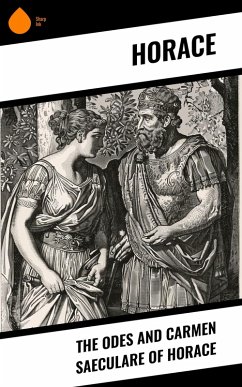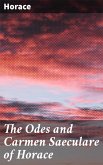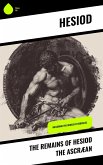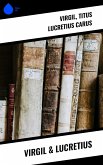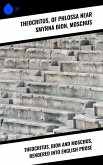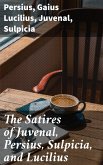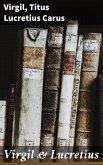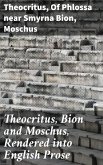In "The Odes and Carmen Saeculare of Horace," the esteemed poet combines exquisite lyrical form with profound philosophical insight, showcasing his mastery of the Latin elegiac and Sapphic stanzas. This collection, written during the tumultuous times of post-Civil War Rome, captures the essence of human emotion, societal critique, and divine reflection. The work is notable not only for its rich imagery and musical meter but also for its exploration of themes such as love, mortality, and the interplay between personal experience and historical destiny, marking it as pivotal in the development of lyric poetry within the Western tradition. Horace, one of the foremost figures of Augustan literature, was deeply influenced by the political upheaval of his era, his own experiences as a soldier, and his subsequent transition to a life of philosophical contemplation and literary creation. His connections with prominent figures such as Maecenas and Augustus enveloped him in a milieu that emphasized the importance of art as both a personal and public tool for expression. His oeuvre reflects a nuanced understanding of the delicate balance between personal sentiment and the broader cultural landscape, which he navigated with grace and intellect. "The Odes and Carmen Saeculare of Horace" is a must-read for anyone interested in the evolution of poetry and its role in shaping societal values. Its timeless themes resonate across ages, encouraging readers to reflect on the nature of existence and the power of art. A rich tapestry of emotion and insight awaits those who delve into this profound work.
Dieser Download kann aus rechtlichen Gründen nur mit Rechnungsadresse in A, B, BG, CY, CZ, D, DK, EW, E, FIN, F, GR, HR, H, IRL, I, LT, L, LR, M, NL, PL, P, R, S, SLO, SK ausgeliefert werden.

